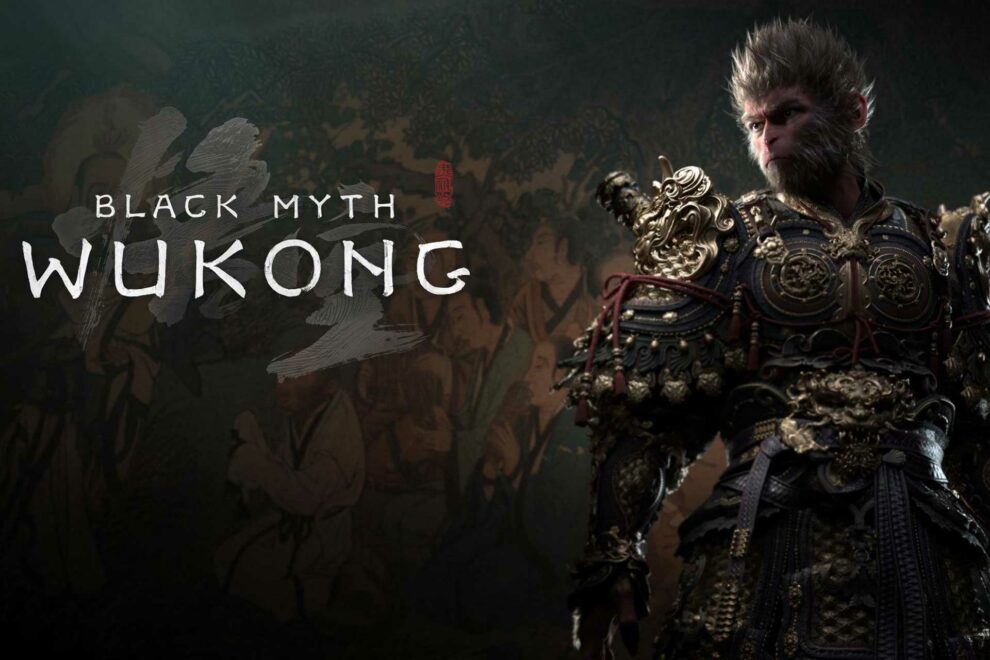The aftermath of The Game Awards 2024 has sparked meaningful dialogue about recognition in the gaming industry, with Game Science CEO Feng Ji sharing profound reflections about Black Myth: Wukong’s nominations and subsequent outcomes. Despite securing victories in Best Action Game and Players’ Voice categories, the studio head’s pre-written Game of the Year acceptance speech remains undelivered, leading to broader discussions about award selection criteria and the evolving landscape of global game development.
Black Myth: Wukong, which launched to critical acclaim earlier this year, represented a milestone for Chinese game development, becoming the first title from the country to receive four major nominations at The Game Awards. The game’s stunning visuals, innovative combat system, and creative reimagining of the Journey to the West tale earned it widespread recognition and built substantial anticipation throughout its development cycle.
In a heartfelt message shared on Weibo, Feng Ji expressed a complex mix of emotions regarding the awards ceremony, which coincided with the release of a significant update for the game. While celebrating the historic achievement of multiple nominations and two significant wins, he candidly addressed his disappointment at missing out on the Game of the Year award to Astro Bot.
Perhaps most revealing was Feng’s disclosure about preparing a Game of the Year acceptance speech two years in advance, highlighting both the team’s confidence in their project and their aspirations for international recognition. This preparation underscored the studio’s ambition and belief in their work, even as they faced various challenges throughout development.

The CEO’s frustration centered particularly on the perceived lack of transparency in the Game of the Year selection process. His comments reflected broader industry discussions about the criteria used to determine gaming’s highest honors, while acknowledging the strong caliber of all nominated titles this year.
Fan reaction to the results has been notable, with players expressing their support through humor and memes. Feng appreciated this response, interpreting it not as bitterness but as a reflection of genuine pride and investment in the game’s success. He emphasized that such reactions stemmed from a place of confidence rather than malice, mirroring his own deep belief in the project.
Addressing skeptics who viewed Black Myth: Wukong’s success as a fortunate anomaly, Feng provided a powerful counterargument. He positioned the game’s achievements not as a fluke but as the natural outcome of China’s rich cultural heritage, technical talent, and maturing gaming industry intersecting with global gaming communities. This perspective challenges the notion that such success would be difficult to replicate, instead framing it as part of an emerging trend in game development.
The CEO’s comments gained additional weight considering the game’s journey to release. Despite being Game Science’s first attempt at a single-player game, Black Myth: Wukong managed to achieve significant critical success, maintaining strong scores of 81 on Metacritic and 82 on OpenCritic. This achievement becomes even more remarkable considering the studio’s previous lack of experience in this specific genre.
However, the game’s path hasn’t been entirely smooth. Earlier reports from IGN highlighted concerns about Game Science’s workplace culture, including allegations of sexism within the studio. These issues added complexity to the game’s narrative and raised important questions about the intersection of creative success and workplace ethics in the gaming industry.
Looking forward, Feng expressed optimism about the future of Chinese game development. He views Black Myth: Wukong not as an isolated success but as part of a broader movement, predicting that more developers will bring high-quality Chinese narratives to the global gaming audience. This perspective suggests a growing confidence in the Chinese gaming industry’s ability to create compelling experiences that resonate with international audiences.
The situation highlights broader questions about recognition in the gaming industry and the evolving nature of global game development. As markets become increasingly interconnected and diverse voices emerge in game creation, the criteria for celebrating excellence in gaming may need to evolve to reflect this changing landscape.
For Game Science and Feng Ji, the conclusion of this seven-year project marks both an end and a beginning. While the unrealized Game of the Year ambitions might sting, the studio’s achievements – including multiple nominations and two significant wins at The Game Awards – represent meaningful progress for both the company and Chinese game development as a whole.
















Add Comment